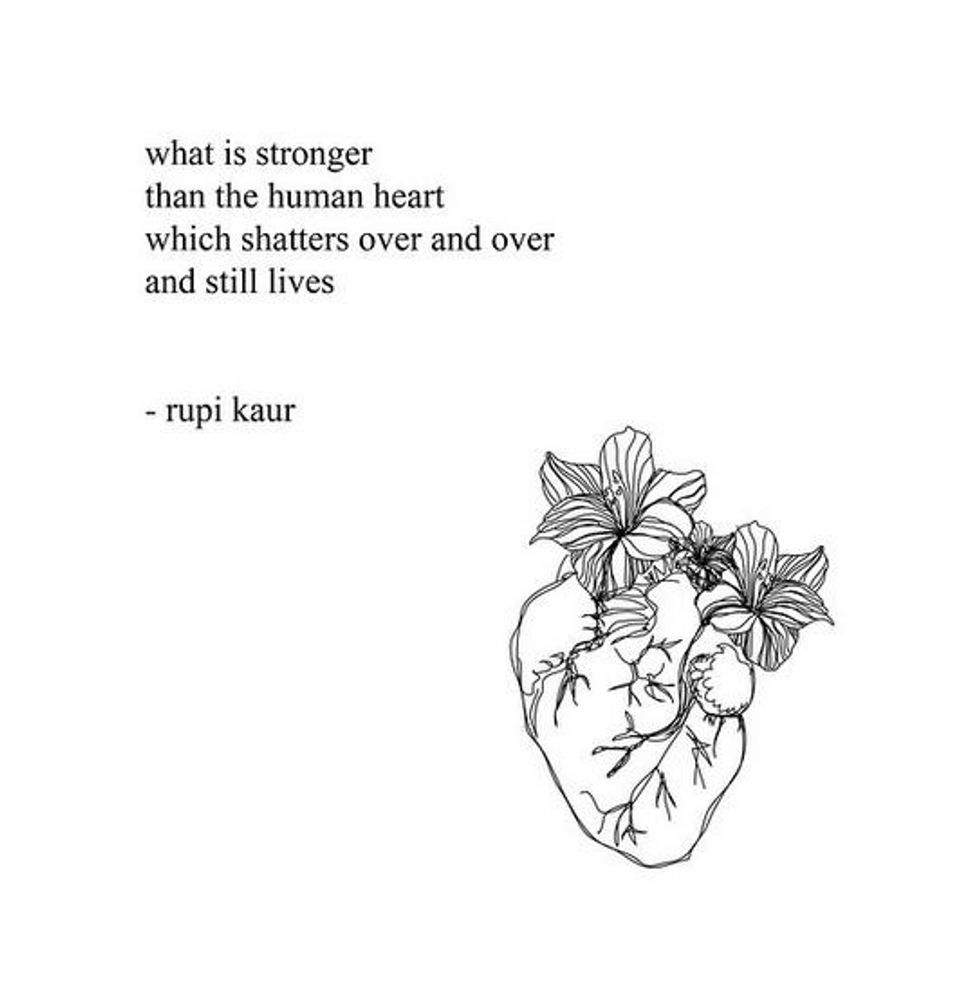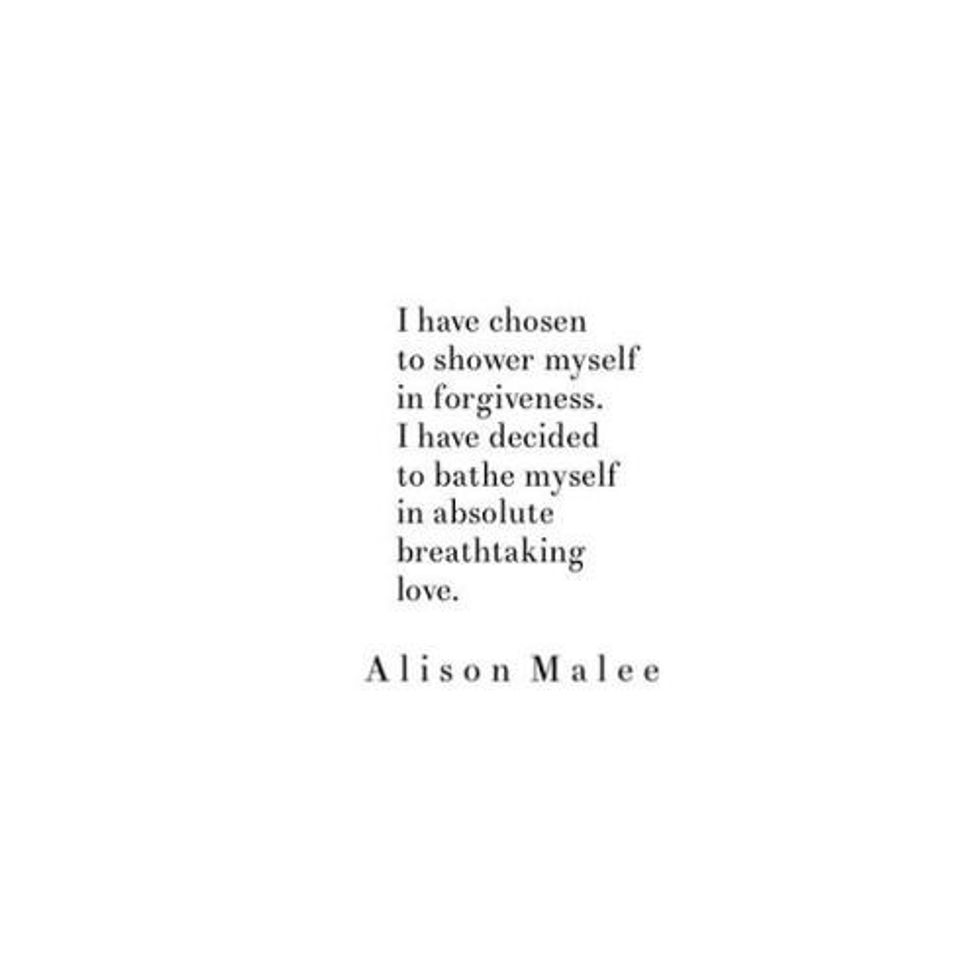My initial relationship with poetry was rocky. I grew up reading Shel Silverstein’s silly poems, then in high school was forced to recite Shakespearean rhymes, and had only dipped my toes in the waters of Poe, Dickinson, and Frost. Poems, to me, were distant, dusty words in old leather-bound books from centuries ago. They were painfully intricate things I had been told to pick apart and analyze in school, and something I never, ever wanted to read in my spare time.
Then came two women who breathed life back into my experience with poetry: Rupi Kaur and Alison Malee.
I’ll admit, I was probably late to the game in discovering these poetesses. I had all together given up on the concept of “reading for pleasure” in college, until – typical of a millennial woman – I was browsing through Instagram and stumbled upon their poems. Short, sweet, and one other important thing: relatable.
See, that’s what had been missing for me amongst the list of eighteenth, nineteenth century poets. I could appreciate the beauty of their words, admire a turn of phrase, applaud a clever rhyme, but I could never graft my experience onto theirs. Kaur and Malee wrote about women, about love, about pain, about everything good and bad under the scope of female experience.
I couldn’t peel myself away.
I invested in paperback copies of Milk and Honey and Shifting Bones. I devoured both in a single day. How could I not have found this love for poetry sooner?
Poetry is so important to the human psyche. It soothes, it sparks, it savors life. It condenses an experience into something short and (sometimes) sweet, and if the poet is good, that’s all it needs.
Poetry cuts straight to the soul. I’ve laughed, smiled, and cried to poems, just like I would a song. When I’ve had my heart broken, I read Kaur’s poem on shattered hearts and it eases the sadness.
When I’m being hard on myself, I look to Malee’s poems of self-love.
It doesn’t matter if you like Kaur or Malee or the classics – poetry is poetry. It only matters that you can relate and take something from it. If it gives you life, solace, or happiness, then it has done its job.
Poetry is passion. It is an echo of the human experience, somehow abbreviated.
And it is so very important.






















